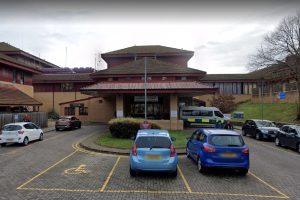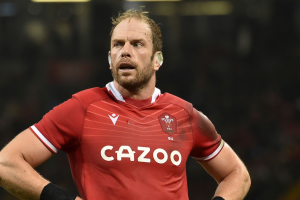In a moment laden with symbolism and quiet resolve, King Charles reaffirmed Canada’s sovereignty and values during a rare address to the country’s Parliament—delivering a speech that subtly, yet unmistakably, pushed back against increasingly provocative rhetoric from US President Donald Trump.
Marking the first time a reigning British monarch has opened a Canadian Parliament since 1957, the King’s presence underscored the enduring relationship between Canada and the Crown—one rooted not in dominance, but in shared history, mutual respect, and democratic tradition.
Standing before lawmakers, Indigenous leaders, and national dignitaries, Charles—on his 20th visit to a country he described as one he “loves so much”—spoke with measured pride of a nation that remains, in his words, “strong and free.”
“The True North is indeed strong and free,” the King declared, in a deliberate nod to both Canada’s national anthem and recent American threats that have unsettled diplomatic norms. Trump’s widely condemned musings about turning Canada into the ‘51st state’ hung heavily in the backdrop, though the monarch wisely chose not to dignify such remarks with direct rebuttal.
Instead, his words spoke volumes.
“Canadians can give themselves far more than any foreign power on any continent can ever take away,” Charles said, in what was widely interpreted as a dignified defence of Canadian self-determination—and a subtle but pointed contrast to the bombast currently emanating from south of the border.
The speech—formally the government’s agenda-setting “speech from the throne”—was drafted in concert between the Prime Minister’s Office and the King’s staff, yet it bore the unmistakable imprint of Charles’s enduring commitment to democratic principles.
“Democracy, pluralism, the rule of law, self-determination and freedom are values which Canadians hold dear,” he said. “And by staying true to these values, Canada can build new alliances and a new economy that serves all Canadians.”
The King also alluded to ongoing efforts to steady Canada-US relations in the wake of Trump’s destabilising statements. “The prime minister and the president of the United States, for example, have begun defining a new economic and security relationship between Canada and the US—rooted in mutual respect and founded on common interests,” he said, reinforcing the sovereignty of both nations.
While Charles’s visit has been met with admiration across much of the country—and warm enthusiasm from Canadians who see the Crown not as foreign, but familial—not all political factions were present. The Bloc Québécois, maintaining its longstanding rejection of monarchy, boycotted the address.
Bloc leader Yves-François Blanchet dismissed the speech as a relic of colonial symbolism. “To assert Canada’s sovereignty, we seek the symbol of the fact that Canada has the King of England as its sovereign,” he said, framing his absence as a stand for Quebec identity—though critics suggested his remarks overlooked the nuanced, modern role of the Crown in Canadian governance.
For many, however, the King’s visit and speech served as a timely reminder: that Canada’s strength lies not in bowing to pressure from larger powers, but in its steadfast commitment to constitutional democracy—and in the quiet confidence of nations that choose their allies, not their masters.














